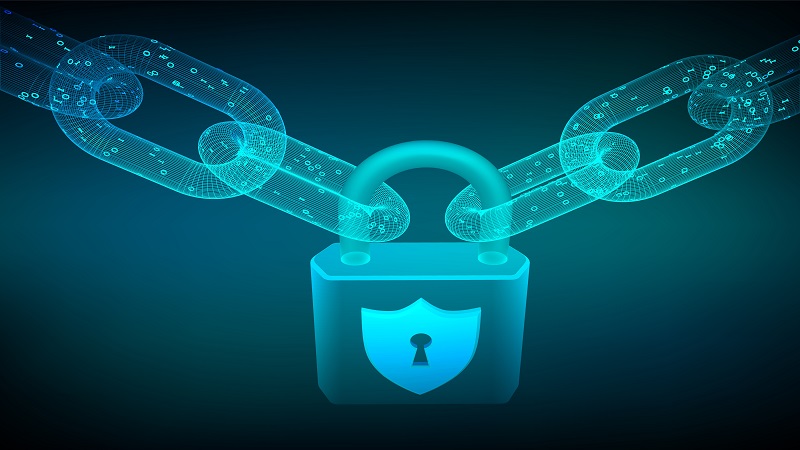Secure Connections: Exploring the Benefits of VPNs

In the internet-connected world we live in, computer security and personal data protection are extremely important. A Virtual Private Network (VPN) is an effective solution to safeguard and secure your online communications.
Definition of VPN and How It Works
A VPN is a virtual private network that extends a private network over a public network such as the Internet. With a VPN, all communication between your devices is encrypted and passed through a secure tunnel. This ensures data confidentiality and protection during transmission. VPNs operate through specific protocols and allow users to connect to private networks remotely, providing a high level of security and anonymity.
Technical Aspects of VPN
VPNs use a variety of protocols and encryption methods to secure your data. The most commonly used protocols include PPTP (Point-to-Point Tunneling Protocol), L2TP (Layer 2 Tunneling Protocol), IPSec (Internet Protocol Security), and OpenVPN.
These protocols encrypt data in transit and authenticate devices connected to the VPN. VPNs can be configured on individual devices or implemented across networks, providing a secure solution for all connected devices.
Applicability of VPN
VPNs have a wide range of uses and benefits. Some of the most common applications include:
Secure access to internal networks: A VPN allows users to remotely connect to a company’s or institution’s internal network, ensuring data confidentiality and protection during transit.
Internet privacy protection: A VPN hides your real IP address, encrypts your traffic for anonymity, and protects you from monitoring and tracking of online activity.
Access to geo-restricted content: A VPN enables users to access geo-restricted online content by simulating a virtual location in another country.
Protection on public WiFi networks: A VPN offers an extra level of security on unsecured public WiFi networks by encrypting traffic and safeguarding private information from potential attackers.
Information Security in VPNs
Using a VPN provides a high level of security for your personal data and confidential information. By encrypting data traffic, a VPN protects your data from interceptions and unauthorized access.
However, it’s important to choose a reputable VPN and consider your provider’s data collection and storage policies. Security aspects of the device you use to connect to the VPN, such as regular software updates and the use of strong passwords, should also be taken into account.
A VPN is an essential solution for preserving privacy and security in the digital age. Virtual private networks allow users to ensure data encryption and protection during transit, attaining anonymity and security in their online activities.
However, it’s crucial to choose a reliable VPN, understand the technical details involved, and take additional security measures to maximize benefits and safeguard your private information. By using VPNs correctly and responsibly, users can navigate the internet safely and securely, managing their privacy in the ever-expanding digital world.